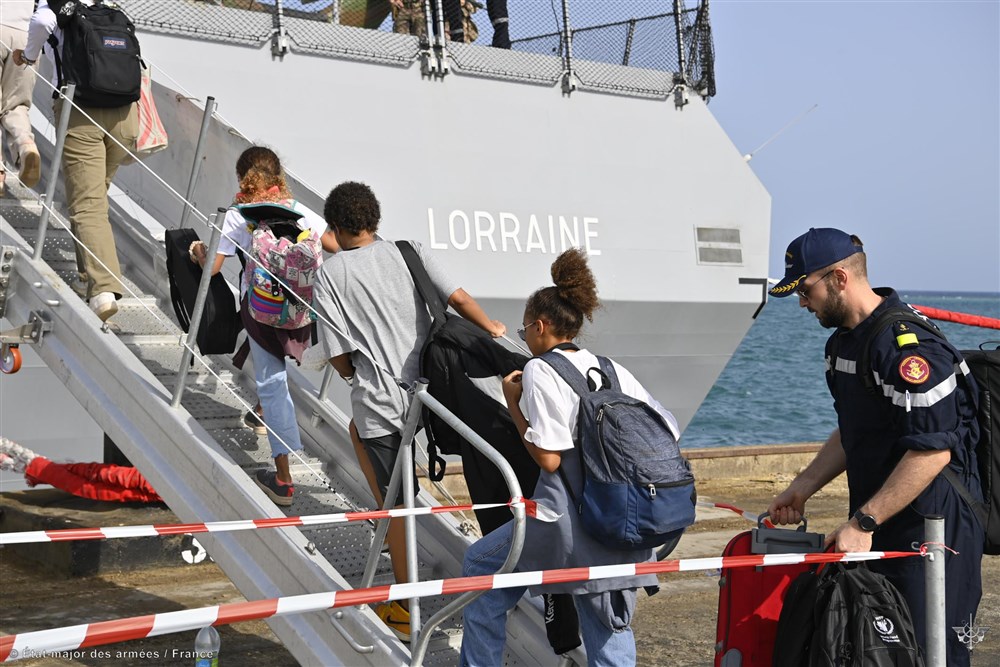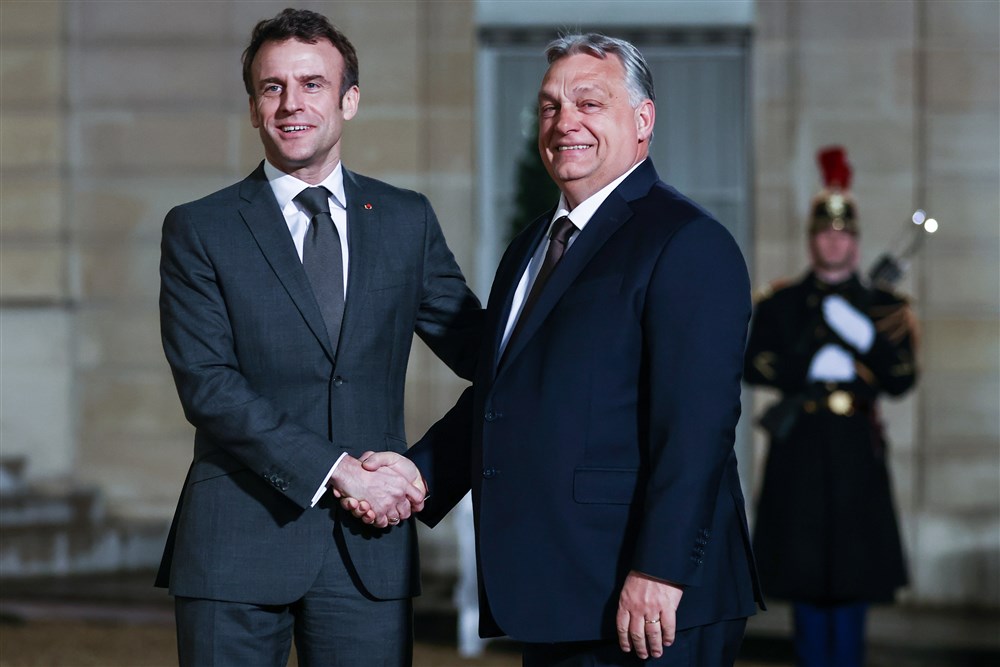Parties in two groups in the European Parliament, the European Conservatives and Reformists (ECR) and Identity and Democracy (ID), say the upcoming EU migrant pact is an “existential threat to Europe” and therefore requires radical changes.
Parties from ECR and ID have joined forces in the Parliament’s cross-party migration working group because they say the proposal overrides national democracy while being too costly and harmful to Member States’ sovereignty. At a Parliament event this week they swore to fight it every step of the way.
The European Parliament has already approved its version of the deal though immigration-sceptic MEPs were unhappy with the details. Opponents have not relented, as became very clear at an April 26 press conference attended by representatives from Sweden Democrats, France’s Rassemblement National, Flemish party Vlaams Belang, Poland’s Law and Justice, VOX in Spain, Fidesz in Hungary, JA21 from Germany, Romania’s Christian Democratic National Peasants’ Party, and IMRO in Bulgaria.
A representative of each party spoke to underline how strongly they were against it, and how existential they believe this threat is. They are sure “the left-wing migration pact”, in its current form, will result in more migration and insecurity in Europe.
No-one in this cross-party migration working group believes the proponents of the pact when they say the main focus of the draft legislation is on voluntary engagements. They see a creeping centralisation and a Brussels power grab, to the detriment of national sovereignty, “a power transfer to Brussels”, and a plan to accept more migrants “with open arms”. They feel the European Parliament deleted amendments that could have been used to curb migration in order to be as accommodating as possible towards Europe-bound migrants.
If the EU pushes on with the current draft, the parties think an opt-out or a “freedom pact” is the only possible solution. Several speakers went as far as seeing “a danger for our civilisation” in the pact’s approval. The European model of social security, for example, would be untenable with more mass migration. “Borders and nation states are essential”, attendees heard. As an alternative to these policies, they want to turn migrant boats back and establish third country asylum centres, as governments in Denmark, the UK and Australia are doing. There was talk of a lifetime ban on reentering the EU for those entering illegally.
European officials such as Ylva Johansson, Commissioner for Home Affairs, have stated that Europe needs migration, while others see migration as a tool to combat demographic decline. “They want to replace and repopulate Europe”, attendees were told. According to the representatives, all the principles of the pact are the product of extreme pro-migration thinking. The parties put forward alternatives such as stronger border control, decoupling the right to asylum from the right to stay, more action against people-smugglers and the removal of so-called “pull factors” such as social security benefits. They also reminded attendees that Russia and Belarus have used migration as a weapon against Europe: “We are at war.”
Journalists asked the Swedish representative, Charlie Weimers, a Swedish Democrats MEP whose rightwing party supports the ruling coalition, how things will evolve in Sweden given the tensions around the pact. He answered that it depends on whether any red lines are crossed on issues such as mandatory quotas. Journalists remarked on the notable absence of any Italian politicians. This was evidently was due to differences in “strategy” and “not conviction”.
Another question focused on the voluntary basis of the “solidarity” clauses in the pact. The mandatory elements are supposed to apply solely in moments of crisis, for example when there is a large influx. But none of the representatives believed the voluntary part of the pact will survive for long on the grounds that the next crisis is just around the corner. They referred to the most recent deal to spread migrants across the EU: 8,000 people on a voluntary basis last year. “The reality was that less than 500 people got relocated”. Such pacts do not stand the test of national sovereignty, they concluded.
Vi samarbetar med alla demokratiska krafter som vill se mindre migration till Sverige och Europa.
Dagens presskonferens i Europaparlamentet ? pic.twitter.com/EqhtqGLadw
— Charlie Weimers MEP ?? (@weimers) April 26, 2023





